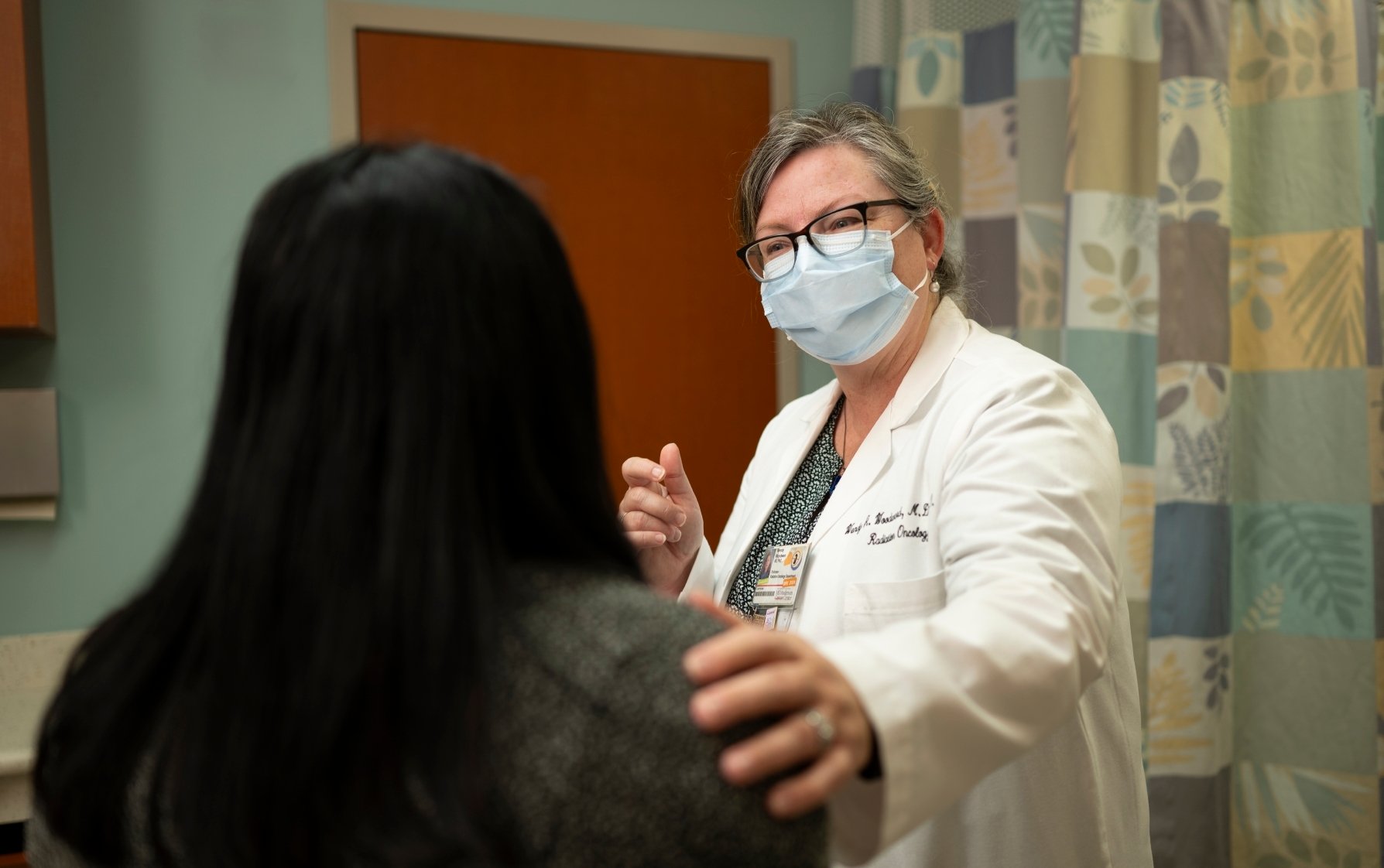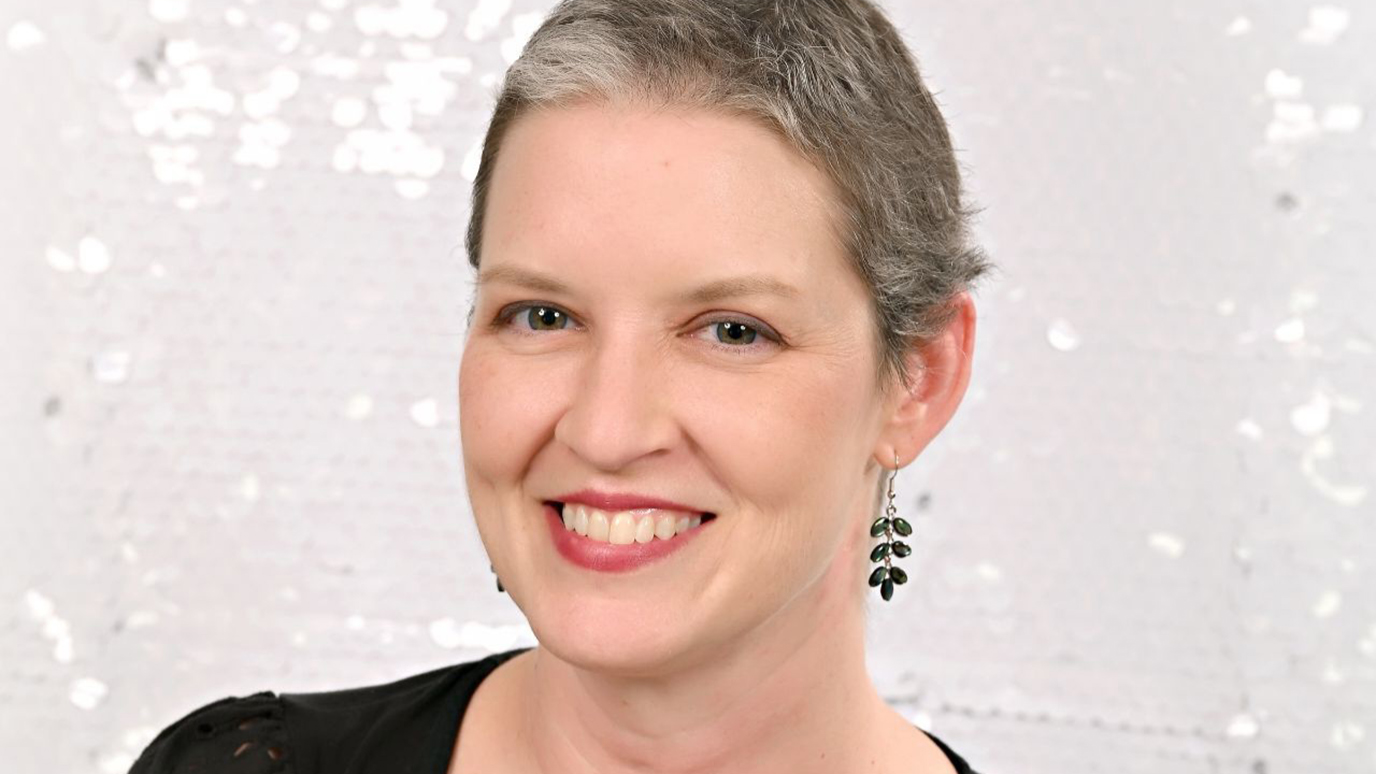- Diseases
- Acoustic Neuroma (14)
- Adrenal Gland Tumor (24)
- Anal Cancer (68)
- Anemia (2)
- Appendix Cancer (16)
- Bile Duct Cancer (26)
- Bladder Cancer (72)
- Brain Metastases (28)
- Brain Tumor (232)
- Breast Cancer (714)
- Breast Implant-Associated Anaplastic Large Cell Lymphoma (2)
- Cancer of Unknown Primary (4)
- Carcinoid Tumor (8)
- Cervical Cancer (158)
- Colon Cancer (166)
- Colorectal Cancer (118)
- Endocrine Tumor (4)
- Esophageal Cancer (44)
- Eye Cancer (36)
- Fallopian Tube Cancer (8)
- Germ Cell Tumor (4)
- Gestational Trophoblastic Disease (2)
- Head and Neck Cancer (12)
- Kidney Cancer (128)
- Leukemia (342)
- Liver Cancer (50)
- Lung Cancer (286)
- Lymphoma (278)
- Mesothelioma (14)
- Metastasis (30)
- Multiple Myeloma (100)
- Myelodysplastic Syndrome (60)
- Myeloproliferative Neoplasm (6)
- Neuroendocrine Tumors (16)
- Oral Cancer (100)
- Ovarian Cancer (172)
- Pancreatic Cancer (160)
- Parathyroid Disease (2)
- Penile Cancer (14)
- Pituitary Tumor (6)
- Prostate Cancer (146)
- Rectal Cancer (58)
- Renal Medullary Carcinoma (6)
- Salivary Gland Cancer (14)
- Sarcoma (238)
- Skin Cancer (296)
- Skull Base Tumors (56)
- Spinal Tumor (12)
- Stomach Cancer (64)
- Testicular Cancer (28)
- Throat Cancer (92)
- Thymoma (6)
- Thyroid Cancer (98)
- Tonsil Cancer (30)
- Uterine Cancer (80)
- Vaginal Cancer (16)
- Vulvar Cancer (20)
- Cancer Topic
- Adolescent and Young Adult Cancer Issues (20)
- Advance Care Planning (10)
- Biostatistics (2)
- Blood Donation (18)
- Bone Health (8)
- COVID-19 (362)
- Cancer Recurrence (120)
- Childhood Cancer Issues (120)
- Clinical Trials (632)
- Complementary Integrative Medicine (22)
- Cytogenetics (2)
- DNA Methylation (4)
- Diagnosis (232)
- Epigenetics (6)
- Fertility (62)
- Follow-up Guidelines (2)
- Health Disparities (14)
- Hereditary Cancer Syndromes (126)
- Immunology (18)
- Li-Fraumeni Syndrome (8)
- Mental Health (116)
- Molecular Diagnostics (8)
- Pain Management (62)
- Palliative Care (8)
- Pathology (10)
- Physical Therapy (18)
- Pregnancy (18)
- Prevention (918)
- Research (392)
- Second Opinion (74)
- Sexuality (16)
- Side Effects (604)
- Sleep Disorders (10)
- Stem Cell Transplantation Cellular Therapy (216)
- Support (402)
- Survivorship (322)
- Symptoms (182)
- Treatment (1786)
Hypnosedation: Is it possible to have surgery without general anesthesia?
3 minute read | Published July 13, 2017
Medically Reviewed | Last reviewed by an MD Anderson Cancer Center medical professional on July 13, 2017
If you were told that there was a way to have surgery painlessly without general anesthesia, would you try it? Breast cancer survivor Kelly Painter did— and she has no regrets.
“I would do it again, without a doubt,” says the Dothan, Alabama resident. “It really was an awesome experience, if you can say that about breast surgery.”
A lobular breast cancer diagnosis
Kelly came to MD Anderson for a second opinion in March 2017, after she was diagnosed with stage I breast cancer – specifically, lobular carcinoma in her left breast.
As part of a clinical trial at MD Anderson, she received hypnosedation. This anesthetic technique consists of hypnosis (a type of guided relaxation exercise), opioid-sparing strategies and local anesthetic to control pain during a lumpectomy and sentinel node biopsy (a surgical procedure to remove the tumor). Her hypnosedation required expertise from our Surgery, Anesthesiology and Integrative Medicine teams.
When Kelly had her surgery at MD Anderson on April 19, 2017, she was awake, but in a very relaxed state. This meant she could tell her surgical team immediately if she felt any discomfort. She suffered no nausea or other unpleasant side effects afterward.
“It took a little longer than a traditional surgery because they had to numb the area with lidocaine,” Kelly says. “But even so, I was in the operating room at 8:30 a.m., out of surgery by 11:30 a.m., and out of the hospital by 12:15 p.m. I never even really felt hypnotized, and the worst pain I felt was a little pinch. It was mostly just pressure.”
Kelly’s recovery was so quick that she was able to drink something right away. “And I didn’t have to take any pain medicine afterward,” she notes.
Choosing a hypnosedation clinical trial
Kelly admits she felt “a little apprehensive” when she was first approached about the hypnosedation clinical trial, which is available only at MD Anderson. Led by Lorenzo Cohen, Ph.D., it explores whether women who meet certain criteria can avoid using general anesthesia during breast cancer surgery.
Then Kelly remembered that her doctor had removed tissue using nothing but local anesthesia when she’d had her MRI and ultrasound biopsies. “And I just thought, ‘If I could do that, why not this?’” Kelly says. “The anesthesiologist, Elizabeth Rebello, M.D., will be right there during the surgery to ensure everything goes smoothly, and I can always change my mind.”
The best part of a clinical trial: paying it forward
For Kelly, the best part of the clinical trial was knowing that her participation would help other women.
“My doctor approached me first about another clinical trial involving pills, but being nine hours away, I don’t live close enough to be a part of it,” she says. “This is something I can do that’s going to make the process better for the next person.”
Comprehensive cancer care at MD Anderson impresses
Kelly was also impressed with the “whole team approach” she witnessed at MD Anderson — both in the operating room and around the hospital.
“During the surgery, they covered me up so I wouldn’t see the incision, but I could still hear what was going on,” Kelly says. “I could tell that they all got along and respected one another. Dr. Thompson even explained why he was using a particular stitch to an observing student. It was very comforting.”
Kelly was particularly grateful for her care team’s willingness to schedule her treatment in such a way that she didn’t miss her son’s college graduation ceremony.
“The doctors at MD Anderson make you feel like you’re their only patient,” Kelly says. “Everybody’s so gracious. They all sat and talked with me, and I never felt rushed. I’m so glad we came here.”
Request an appointment at MD Anderson online or by calling 1-855-403-6393.
Related Cancerwise Stories

The doctors at MD Anderson make you feel like you’re their only patient.
Kelly Painter
Survivor





